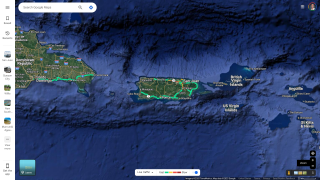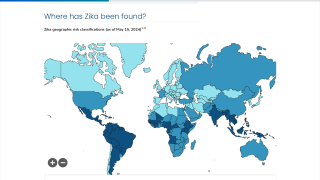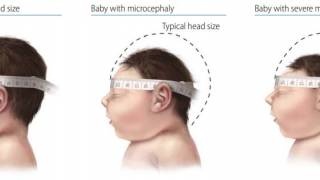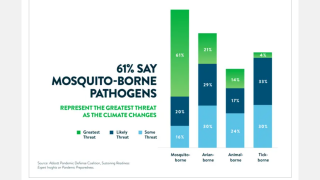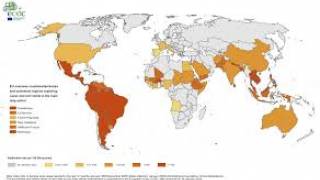Zika and Microcephaly Return in 2024
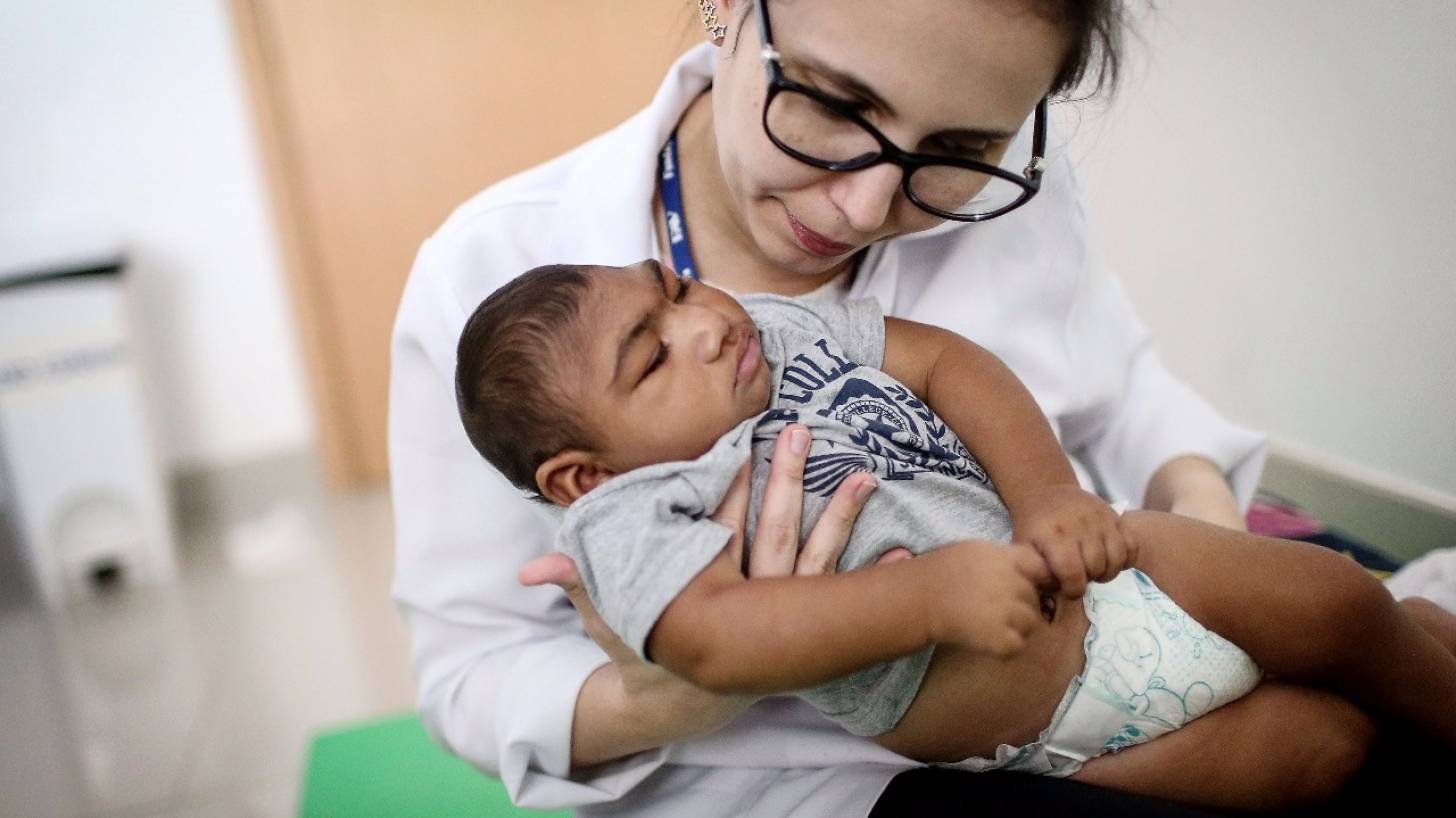
Although the Zika virus (ZIKV) has been known since 2007, outbreaks have not been in the news much in 2024.
Since the confirmation of a ZIKV outbreak in Brazil in March 2015, many countries in the Region of the Americas have been affected.
According to the data dashboard of the Pan American Health Organization (PAHO), as of May 3, 2024, over 6,878 Zika cases have been reported in the Americas this year.
While this number of cases is still alarming, it is fewer than the 55,813 cases reported in 2023.
Unfortunately, Brazil continues leading the Americas with over 6,599 Zika cases in 2024.
In the United States, Puerto Rico has reported 3 Zika cases in the San Juan area this year. In 2023, 43 Zika virus cases were reported.
According to the PAHO, most people recover from a ZIKV infection. However, congenital Zika is a devastating and frequent consequence of maternal Zika virus infections.
Northeast Brazil was the first region to detect a significant increase in babies born with microcephaly associated with prenatal ZIKV infection.
Since then, children battling the effects of microcephaly have been detected throughout Brazil.
The results of a ZBC-Consortium meta-analysis in 2023 provide robust estimates of the risk of adverse events in children born to pregnant women who were infected with ZIKV during pregnancy.
According to the study findings, microcephaly was observed in 1.5% of children at birth, with severe microcephaly being less frequent than mild/moderate microcephaly.
Furthermore, even though some children are born with an average head circumference for their age and sex, they may develop postnatal microcephaly, which implies the need to monitor these children and repeat head circumference measurements.
It was also demonstrated that the risk of children being born small for gestational age was more significant than the risk reported for the general population.
The study authors noted that the risk of microcephaly did not vary in different regions of Brazil or with socioeconomic conditions.
They concluded this mosquito-transmitted disease infects people indiscriminately.
If and when a Zika vaccine candidate is approved, its introduction needs to take into account geographic needs, as well as those at the highest risk... children.
Our Trust Standards: Medical Advisory Committee

